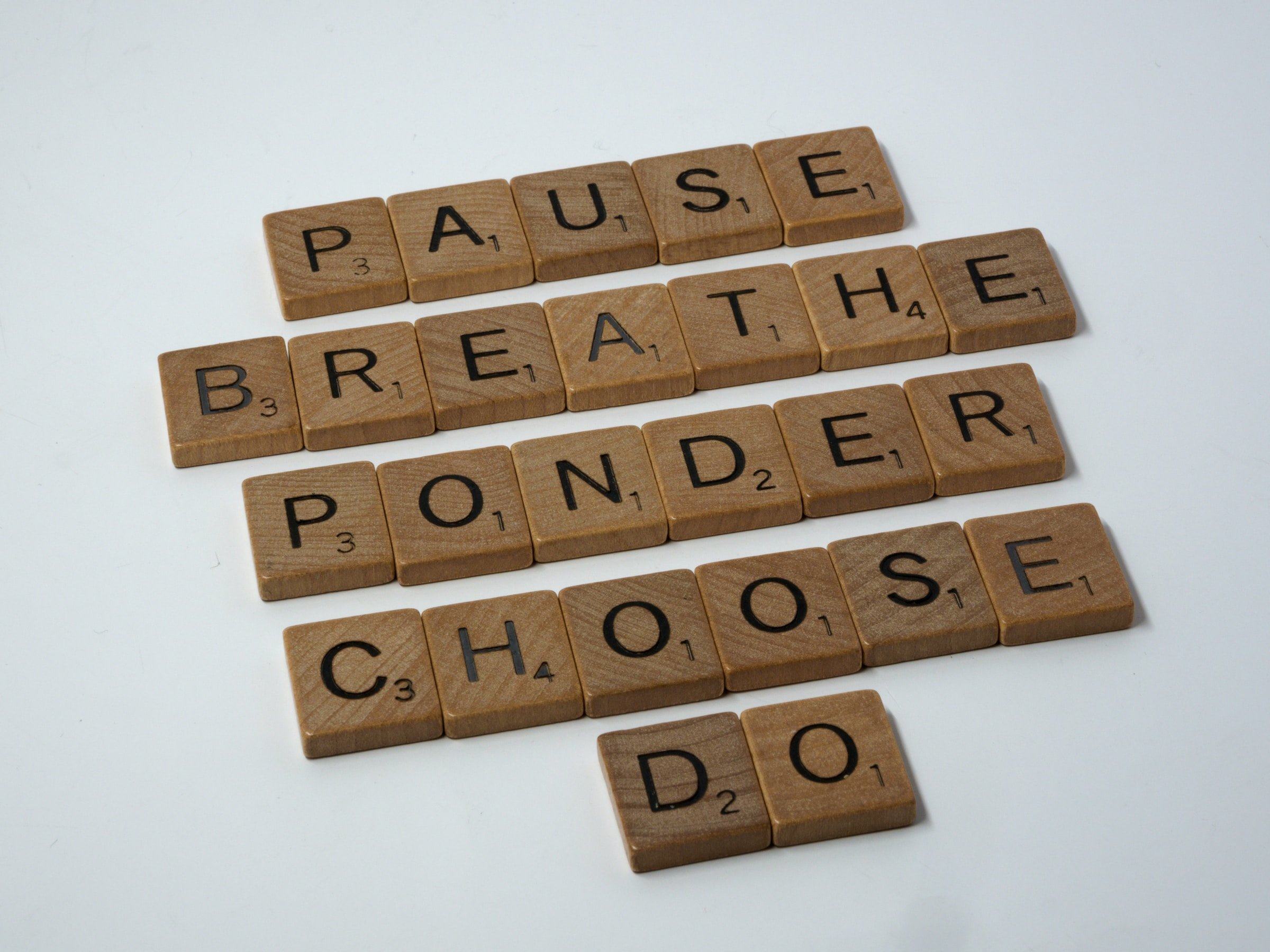
How to Stay Motivated to Write in the Last Days of Summer
I can’t be the only one whose productivity has plummeted in these final days of August. This week, I thought I’d write a quick post for all of who need a little jump start to stay creative even as the summer runs out.
7 Reasons to Hire a Book Coach
Every so often I get people who ask: Why would I hire a book coach? What does a book coach do?
People often come to book coaching for one of these reasons:

How to Plan a Successful DIY Writing Retreat
It’s not too late for a summer writing retreat! I love writing retreats because they allow you time to really delve into a project. Too often in our daily lives, we have to squeeze writing in between all the other “life stuff.” A retreat, no matter how short, gives us the time and mental space for a deeper dive.

The Total Revision Mindset
What happens when you or your beta readers or coach read through your manuscript, and you realize there are significant flaws, that mean you basically need to start over from scratch? Cue sobbing emoji.

The Complete Guide to Using Beta Readers
Once you’ve made your revisions, you’re going to want to get some eyes on the manuscript. You need people whose opinion you can trust to give honest feedback about what is working and what isn’t, so you can make any final revisions before sending it off to agents or editors.
What is a beta read?

The 10 Point Checklist for Novel Revision
This week I have set aside as a writing retreat to finally finish this draft of the Middle Grade Novel That Never Ends.
Honestly, that’s how it’s beginning to feel. I’ve got to get it out to readers soon, because I’ve lost perspective. I’ve been hammering away at it too long. This is a natural part of the writing process, but it is starting to feel like a slog. I wrote in my journal this morning, “I am so done with this novel.” But... it needs a little more work before I can send it off. The beginning, especially, is a mess.

10 Easy Revision Hacks to Make Your Manuscript Shine
As I’m going through my manuscript, even though it’s just the last draft before I send it off to readers, I’m getting nit-picky about the little things. The thing is, the “little things” are the ones that really make the difference between a polished manuscript and one that misses the mark on a lot of levels.

Artist Date Ideas for Summer: Exercises and Adventures
Summer is a great time to get in some Artist Dates and do something different. If your Artist Dates, like mine, have veered more toward watching a movie on Netflix than anything really interesting, now’s the time to grab some new ideas.

The Best Books I’ve Read from April – June
We’re halfway through the year! I’ve read so many good books in the last three months (you can see my January-March reads here). It’s hard to pick just a few.

Who Is Your North Star?
I love me some Mel Robbins. I love listening to her podcast, because she gives down-to-earth, no-nonsense advice on how to live your best life.
Of course, the best advice in the world is no good if you don’t apply it, and a recent episode had me thinking: What is the North Star of my writing?
This concept comes from an exercise that Mel’s daughter did in her performing arts program at university. Your North Star is simply the person whose creative journey most inspires your own.

What Is Your Writing Starting Ritual?
Let’s face it, the blank page can be daunting. Once we settle on a schedule for writing, we still have to show up and do the work. In that moment of decision, it’s easy to defer our writing until later, until tomorrow, until we feel like it...
News flash: you may not ever “feel like it.” You’re not going to come to the page super-motivated every day. If you only write when you feel like it, you probably won’t get much writing done.
Having a starting ritual can help.

Your Summer 2023 Writing Plan
Now that summer has officially begun, it’s time to think about your writing goals! What are you hoping to accomplish in the next three months?

Writing Goes Bananas
Lately I’ve gotten hooked on watching baseball again. Not just any baseball, but Bananaball, as played by the Savannah Bananas.
They play their own game, with their own rules, similar to but not the same as regular baseball. Their rules are designed to make the game more fun, and move faster. Most of all, they center the audience rather than the players.

What to Do When You’re Stuck in Your Story
This week, I’m feeling stuck in my manuscript revision. I have some big decisions to make that will affect the rest of the story. I have ideas, but they will take the story in different directions. I’m feeling bogged down and anxious as to which direction will make the most sense and be the most interesting for the story.
Which just goes to show, even when there’s a plan for editing your book, it’s easy to get sidetracked and lose focus.

Progress, Practice, Process, and Purpose
I recently reviewed Eric Maisel’s new book, The Coach’s Way. Last week I mentioned one concept from the book, think thoughts that serve you. Simple, but how many of us fill our days (and minds) with doubts, fears, complaints? If you’re going to create consistently, it’s important to keep the negativity in check. According to Maisel, it’s also vital to focus on 4 other attributes of creative work: Progress, Practice, Process, and Purpose

Think Thoughts That Serve You
Last week we talked about how our vision is always ahead of our creative execution, and how that can be a good thing. The vision can pull us forward toward realizing our dreams.
But there may come moments when The Gap feels insurmountable. Or we may get discouraging feedback that makes us wonder if it’s worth it to continue.

Vision is Always Ahead of Execution
In Art and Fear, David Bayles and Ted Orland say:
“Vision, Uncertainty, and Knowledge of Materials are inevitabilities that all artists must acknowledge and learn from: vision is always ahead of execution, knowledge of materials is your contact with reality, and uncertainty is a virtue.”

How to Keep Writing No Matter What
A little while ago I was invited to be a panel guest on the topic of “How to Keep Writing No Matter What” at the Lesley University MFA program, where I got my MFA a number of years ago. I faced an auditorium of MFA students who no doubt strongly believe that they will defy the odds and continue writing after they no longer have regular deadlines and faculty giving them tons of helpful feedback and encouragement.
Frankly, many of them won’t.

The Next Step for Revision – Create Your As-Is and Revised Story Maps
Once you’ve read through your manuscript and answered all the questions from last week’s post, you need to make a plan for actually doing the revision.
No, it’s not time to start writing yet! At this point, you’ve probably identified a bunch of issues you need to deal with. Questions to be resolved, decisions to be made, scenes to be combined/added/changed/deleted. Characters to be combined or cut. You get the idea.

5 Questions to Ask Before You Start Your Novel Revision
Phase I of revision on my novel is over - the read -through. I've read the whole thing and overall I'm pretty pleased with it (phew!). I've made notes on all the major things that need to be decided/changed/added/removed. Now comes the hard part: actually making those decisions and beginning to implement them.
